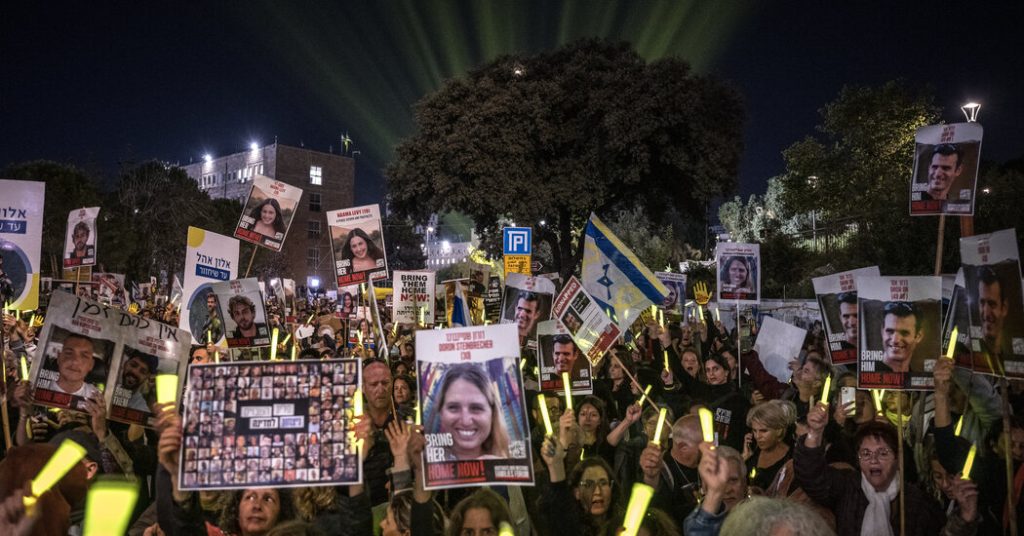Since the attacks on October 7th, legal experts have concluded that Hamas’s actions on that day, including killing, torture, and hostage-taking, are war crimes. The prosecutor of the International Criminal Court has sought warrants for the arrest of three Hamas leaders on charges of war crimes and crimes against humanity related to the attack on Israel and the subsequent hostage-taking. A U.N. commission also found credible evidence of war crimes committed by Hamas. Despite these findings, many misperceptions exist about Hamas’s obligations under international law.
As Hamas is not a state government but an armed Islamist group, it is still bound by the laws of war. Once an armed conflict begins, every organized armed group participating must adhere to international humanitarian law. Violations by one party to the conflict do not exempt the other parties from their obligations. International criminal law applies to all individuals, regardless of their affiliation. The core purpose of these laws is to protect civilians, who are entitled to the same protections regardless of which party threatens them.
Despite the lack of a central enforcement authority in international law, its rules can act as a deterrent by creating standards for legitimacy. Compliance with international law can be a source of external and internal pressures on armed groups. While militaries often internalize these norms as a measure of their professionalism, Hamas does not appear to be influenced by these incentives. The group may see little prospect of international acceptance due to its designation as a terrorist organization. Additionally, support from ordinary Palestinians does not seem to depend on Hamas demonstrating compliance with international law.
The leader of Hamas, Yahya Sinwar, has been accused of making a brutal calculation that civilian deaths in Gaza would benefit the group by increasing pressure on Israel. If Hamas deliberately put civilians in harm’s way, it would be in breach of international law which prohibits the use of human shields. The International Criminal Court has a track record of prosecuting members of nonstate armed groups, and arrest warrants issued for Hamas leaders do not expire. Despite the apparent evidence of war crimes committed by Hamas, accountability for its leaders may still be possible in the future.
In conclusion, Hamas’s actions on October 7th have been widely recognized as war crimes. The group, despite not being a state government, is bound by international law when engaged in armed conflict. The core purpose of these laws is to protect civilians, and violations by one party do not exempt others from their obligations. While the lack of a central enforcement authority in international law can be challenging, the rules can act as a deterrent and create standards for legitimacy. Despite the apparent evidence of war crimes committed by Hamas, accountability for its leaders remains a possibility through avenues such as the International Criminal Court.


